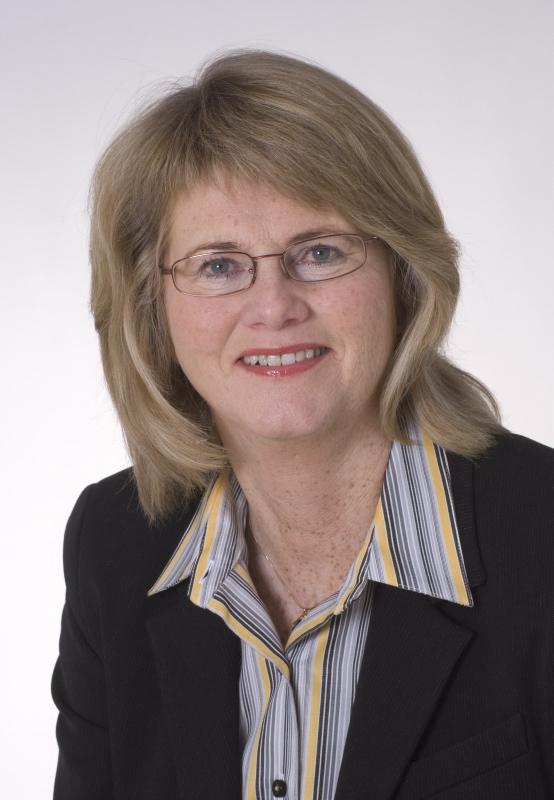Haustráðstefna Evrópskra gigtarfélaga (EULAR-PARE) 15. og 16. nóvember í Reykjavík
Anna Lilja Gunnarsdóttir, ráðuneytisstjóri, flutti ávarp fyrir hönd Kristjáns Þórs Júlíussonar heilbrigðisráðherra á ráðstefnunni.
Distinguished guests, both from here at home and abroad.
The Minister of Health, Mr. Kristján Þór Júlíusson, could not be here today and sends his greetings and best wishes to you at the autumn conference of the European League against Rheumatism.
It is a pleasure to know that the Icelandic Rheumatism Society is an active participant in the activities of the European League against Rheumatism. Rheumatism is probably an underrated health problem that does not receive the attention in public discussion that it deserves. It is therefore all the more important that the Icelandic Rheumatism Society and its sister societies in Europe are vigilant in distributing knowledge and education to rheumatism patients and the public, being alert for innovations that may help patients and, last but not least, provide important support and pressure upon the public authorities.
I am aware that the European League against Rheumatism has steadfastly fought to have its position recognised in the European Union as an observer in the various institutions of the Union. This has yielded results, and the League has been successful in presenting its views and thereby influencing the formulation of policy within the European Union.
It has undoubtedly been a surprise to many how much of a burden rheumatism is in Western societies. No doubt, the reason is in part that rheumatic diseases vary and their symptoms differ in degree, from mild ailments that have little impact on the quality of life of people to very burdensome afflictions that cause great and permanent handicaps and can in worst cases be life-threatening.
The fact is that rheumatism is the second most serious reason why people go to a doctor. It is estimated that about one-third of Europeans are battling rheumatism in some form during their lifetime. In Iceland, an estimated 60,000 persons have rheumatism of some kind and 20 per cent of people with disabilities suffer from rheumatism.
As can be expected, there are many issues of importance for rheumatism patients in this country, and the Icelandic Rheumatism Society is very active in presenting them to the health authorities. The expense of rheumatism patients for health services is one of the issues that weigh heavily on people. It is therefore good to know that the changes made in the co-payments for drugs seem to have benefited rheumatism patients since, after all, the aim of the system was to limit the expense of patients and increase equity. Next December 1st, the system will be amended to the effect that a special drug certificate will no longer need to be applied for when an individual has reached the maximum co-payment in the system. After that date, the full cost-sharing of the state will begin to apply automatically.
It would be desirable to change the co-payment system for other health services to include a payment ceiling. The aim is to amend this and create one co-ordinated co-payment system for all health services, including all drugs. Work on the drafting of such a system is under way in a committee appointed by the Minister of Health.
A decision has been made to introduce so-called exercise prescription as means of treatment in the healthcare system. There is a widespread misunderstanding that they are primarily intended for overweight people. This is not the case, and the hope is that they can be of benefit for rheumatism patients in the future.
The healthcare system has not been unaffected by the cutbacks in funding in recent years, and signs thereof are becoming increasingly visible. I know that the leaders of the Icelandic Rheumatism Society are worried about the impact of the cutbacks upon the access to healthcare services, the services of physicians, medical rehabilitation, appropriations for preventive care and so on. The healthcare authorities are fully aware of the seriousness of the situation and are doing whatever is possible in a tight funding situation so that services to rheumatic patients and treatment progress will not suffer under difficult circumstances.
Ladies and gentlemen.
You have a tight and interesting agenda ahead. I shall not detain you any longer and wish that your conference be both pleasant and instructive.

